(Fatherland) - In recent times, many provinces and cities across the country have achieved high efficiency from implementing financial autonomy mechanisms and policies for cultural and sports institutions.
High efficiency from implementing financial autonomy mechanisms and policies
Cultural institutions play an important role in the cultural life of all classes of people. The organization of activities and management of cultural institutions has always been one of the important contents in the state management of culture, which has received attention from the Party and the State.
Improving the efficiency of using and managing current cultural institutions is considered an important and necessary task, helping to build and perfect cultural institutions to be increasingly complete, serving the cultural needs of the people according to the Party's orientation.
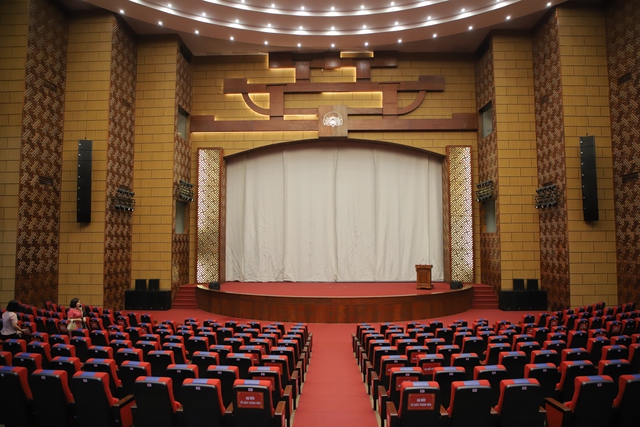
Localities and provinces across the country have been offering many solutions, contributing to creating conditions for people to enjoy and create culture.
In order to successfully complete the goal of cultural development to meet development needs, in accordance with the role of cultural institutions, localities and provinces across the country have been proposing many solutions, contributing to creating conditions for people to enjoy and create culture better and better. Practice shows that investing resources to develop cultural institutions is an urgent and necessary requirement in the current period.
According to a report from the Department of Culture and Sports of Ho Chi Minh City, after receiving the policy of the Central Government, the Party Committee and the City Government issued an Investment Plan under the public-private partnership method in the field of sports and culture in Ho Chi Minh City (PPP), implementing the minimum total investment scale of the investment project under the public-private partnership method in the field of culture and sports. In particular, the regulation for cultural and sports institutions managed by the city must have a scale of 45 billion VND or more; for cultural and sports institutions managed by districts and Thu Duc city must have a scale of 10 billion VND or more.
In mid-October, the city successfully organized the Investment Promotion Conference for cultural and sports projects in the city under the PPP form. At the conference, Ho Chi Minh City called on businesses to invest in 23 projects with a total estimated capital of more than VND 23,600 billion. Of which, the City prioritized inviting investment in 5 projects with a total capital of more than VND 2,300 billion this year and introduced 18 projects with a total capital of more than VND 21,255 billion for businesses to study and propose plans.
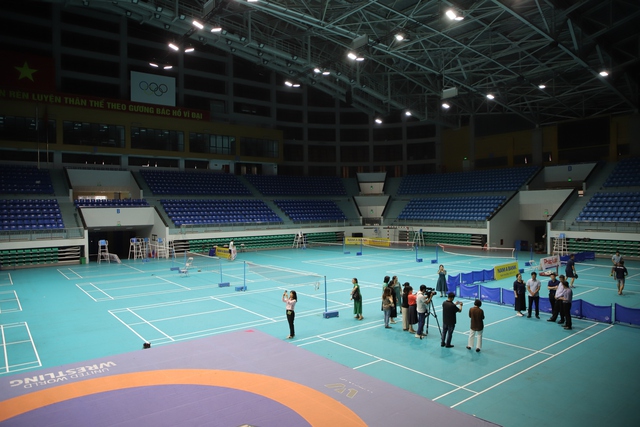
Cultural institutions play an important role in the cultural life of all classes of people.
Currently, the Cultural Centers (Cultural - Sports, Cultural - Sports and Communications) in 21 districts and Thu Duc City are all in the process of building financially autonomous units, so the issue of strengthening socialization in organizing arts and sports activities at the grassroots level through association, coordination, and fundraising is also promoted. The socialization of cultural and artistic activities has partly helped local cultural and sports institutions to maintain and develop their activities, while also forming many clubs, teams, and groups to form and develop cultural, artistic, and sports activities at the grassroots level, including many diverse forms.
Similar to Ho Chi Minh City, Quang Nam province is also showing high efficiency from implementing financial autonomy mechanisms and policies.
Mr. Nguyen Thanh Hong, Deputy Director of Quang Nam Provincial Cultural Center, said that in order to successfully complete the goal of cultural development to meet the development needs of Quang Nam province, the role of cultural institutions becomes extremely important, contributing to creating conditions for people to enjoy and create culture. Reality shows that investing resources to develop cultural institutions is an urgent and necessary requirement in the current period.
In 2018, the Provincial Party Committee, People's Council and People's Committee of Quang Nam province focused on investing in building the Quang Nam Cultural Center in the direction of a Cultural Park with the goal of creating a public living space, contributing to improving the urban landscape. In addition, cultural, artistic and sports clubs were also formed, creating a playground for people, contributing to the development of the local economy and society.
There needs to be an autonomous mechanism in investment, exploitation, management and operation.
According to Mr. Nguyen Thanh Hong, in order to promote the effectiveness of cultural institutions - Quang Nam Cultural Center in implementing financial autonomy mechanisms and policies, it is necessary to first stabilize the organizational structure; develop a job position project that meets the requirements to perform the functions, tasks and powers of the Cultural Center; facilities, equipment, means of career activities, and regular service activities are invested, upgraded and maintained. In particular, there must be an autonomous mechanism in investing, exploiting, managing and operating cultural institutions effectively.
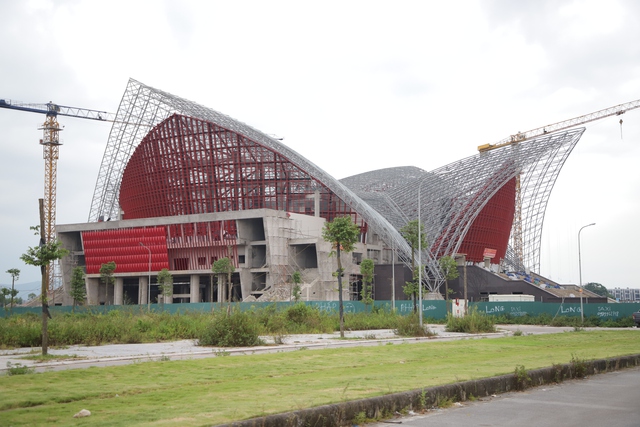
However, there needs to be more open policies and mechanisms in the use and management.
Previously, before Decree 151/ND-CP on management and use of public assets, Quang Nam Cultural Center was financially autonomous in all activities of exploiting, leasing assets, providing cultural career services, creating a stable career revenue source for the unit's operations, supplementing income, and improving the lives of civil servants and employees.
"Since Decree 151/ND-CP on management and use of public assets was issued, there have been very strict regulations on the management and use of public assets. To exploit and use public assets, a project must be developed and submitted to the Provincial People's Committee for approval before implementation; to develop rental rates, it also depends on the method of calculating land rental prices; to develop rental rates for auction according to regulations; when the auction price is too high, it cannot be rented; the revenue from leasing public assets must be paid 100% to the budget. This is the cause of waste in public asset management and limits financial initiative for public service units" - Mr. Nguyen Thanh Hong said.
According to a report from the Department of Culture, Sports and Tourism of Ho Chi Minh City, the Law on Management and Public Assets 2017 and Decree No. 151/2017/ND-CP do not stipulate that the Chairman of the Provincial People's Committee decentralizes or authorizes the Chairman of the District People's Committee to appraise and approve the Project on the use of public assets and business purposes, leasing, joint ventures and associations of public service units managed by the District People's Committee, which also greatly affects the exploitation and revenue generation for service units.
Therefore, in the coming time, units need to advise and coordinate to promote the completion of legal policies and institutions on public service units in the cultural field, especially encouraging units to promote the provision of public service services according to market mechanisms to promote the socialization of public service services. At the same time, it is recommended that competent authorities soon issue instructions on the implementation of the content of Decree 114/2024/ND-CP dated September 15, 2024 of the Government on amending Decree No. 151/2017/ND-CP detailing a number of articles of the Law on management and use of public assets./.
Source: https://toquoc.vn/thiet-che-trung-tam-van-hoa-the-thao-nhin-tu-hieu-qua-tu-chu-tai-chinh-den-mo-rong-co-che-chinh-sach-2024111112062623.htm




![[Photo] Prime Minister Pham Minh Chinh launched a peak emulation campaign to achieve achievements in celebration of the 14th National Party Congress](https://vphoto.vietnam.vn/thumb/1200x675/vietnam/resource/IMAGE/2025/10/5/8869ec5cdbc740f58fbf2ae73f065076)


![[Photo] Prime Minister Pham Minh Chinh chairs the Government's online conference with localities](https://vphoto.vietnam.vn/thumb/1200x675/vietnam/resource/IMAGE/2025/10/5/264793cfb4404c63a701d235ff43e1bd)




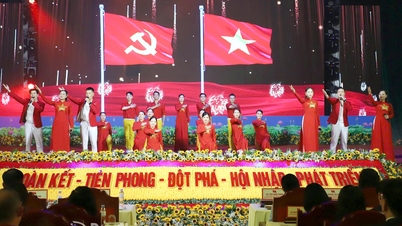

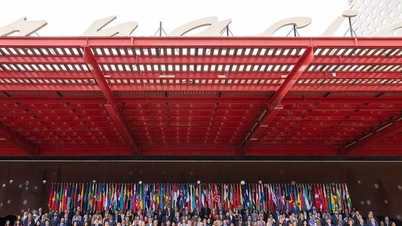

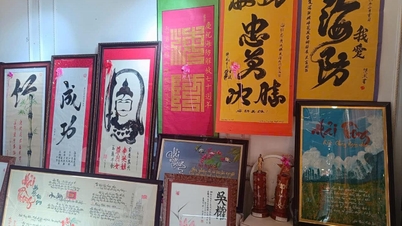

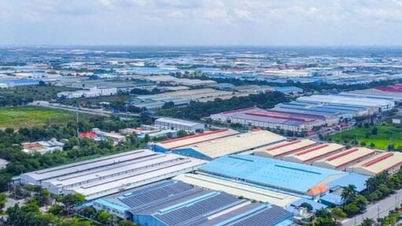





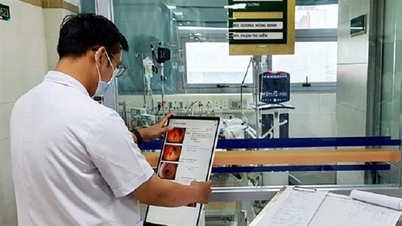

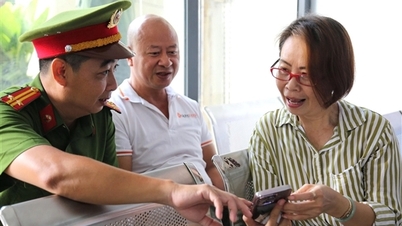
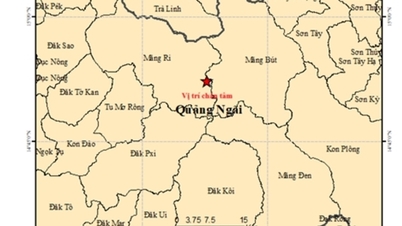
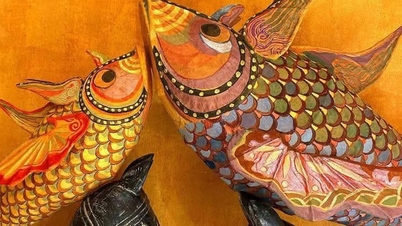






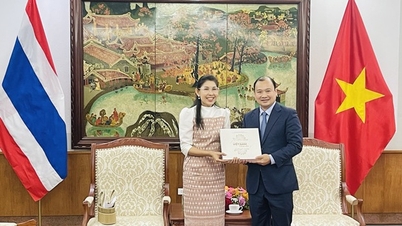
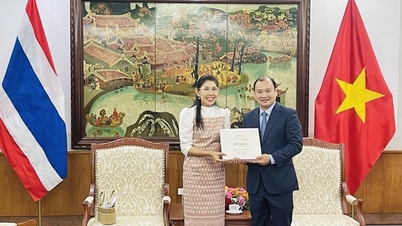

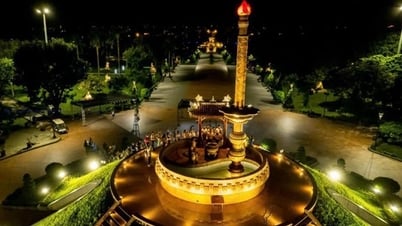





















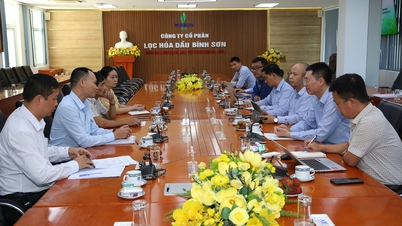

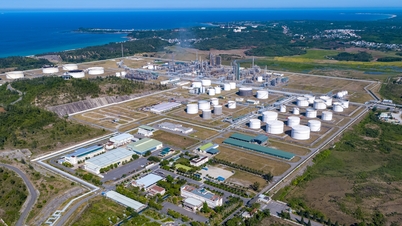


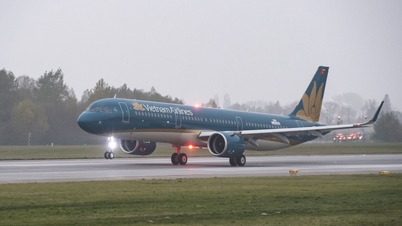

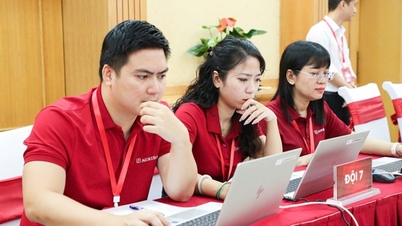
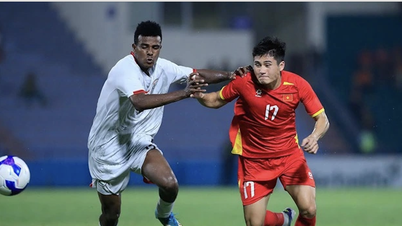
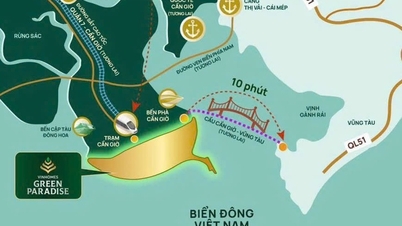

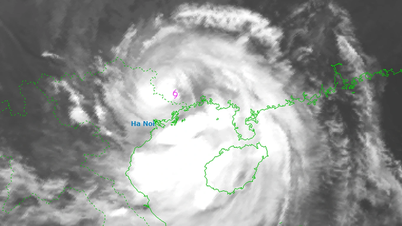
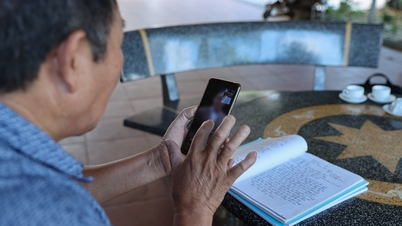



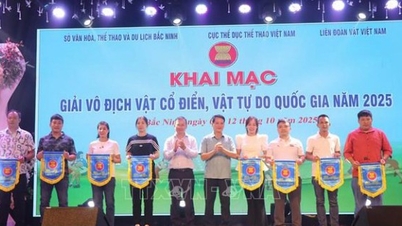

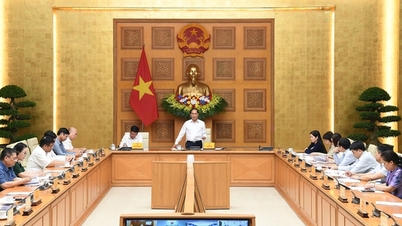
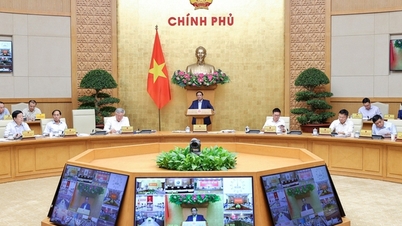
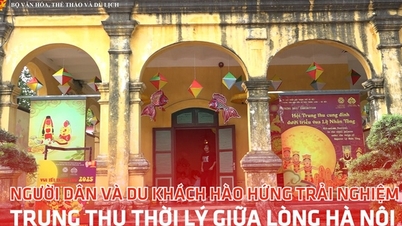




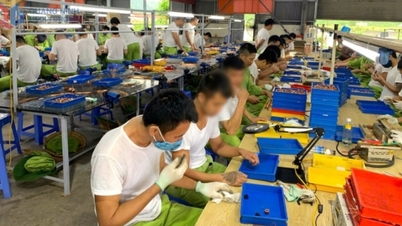



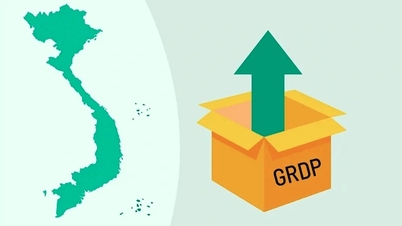

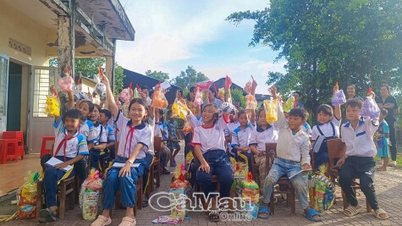














Comment (0)